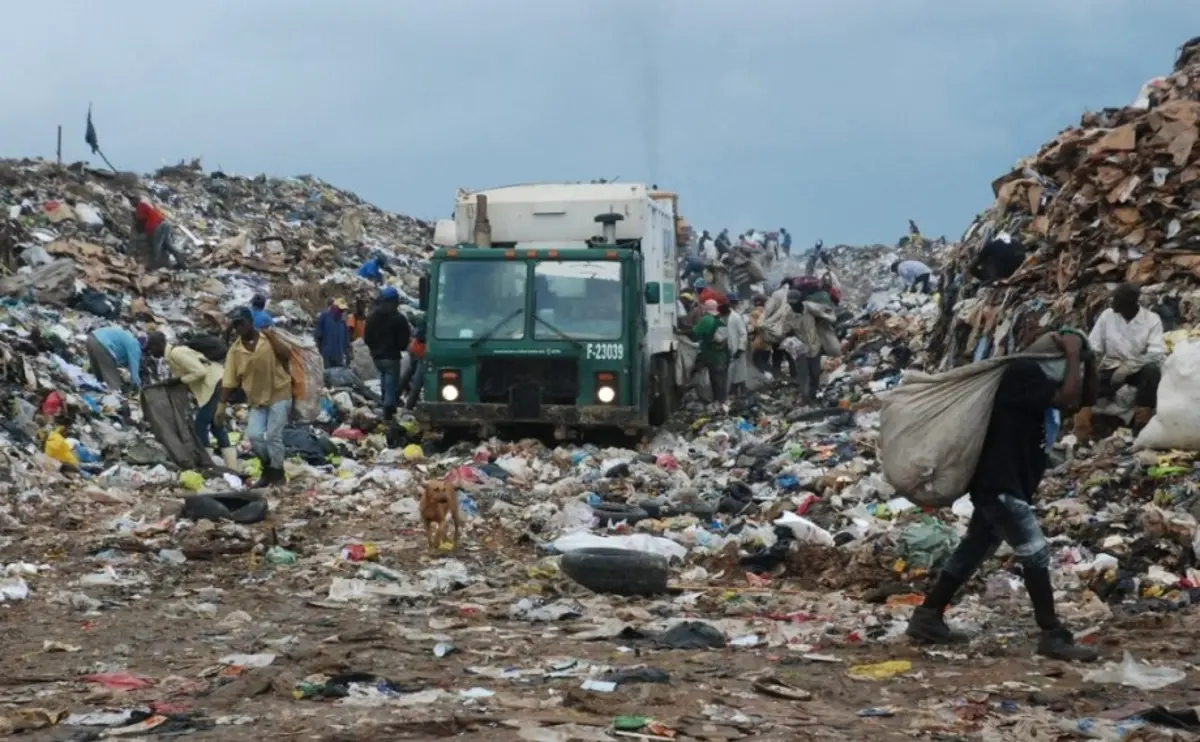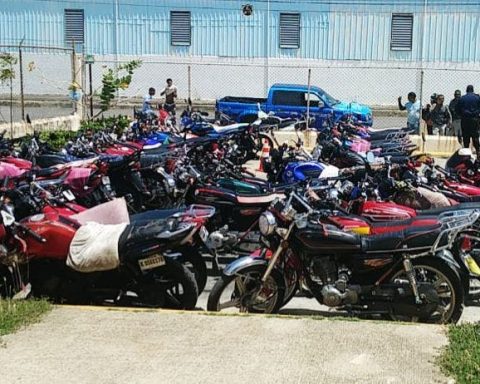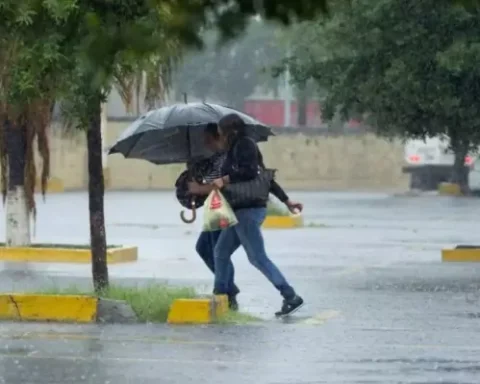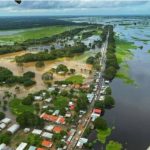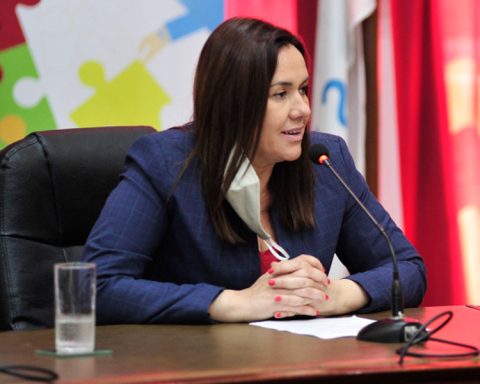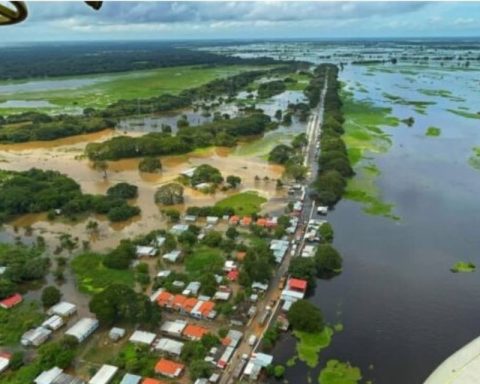The former director of Coorabo, Enrique José Feliz González, denounced that the waters underground are being contaminated by the Tumba landfill, located in Boca Chica.
He alleged that a vein of the Brujuelas River is located exactly below the Tumba landfill, which receives 40 percent of the solid waste from Santo Domingo Este, Guerra, Gautier, and La Caleta.
He also attributed the contamination to the number of tons taken to said landfill. He maintained that only small mouth It carries more than 2,500 metric tons of solid waste, and from Santo Domingo Este the same 40 percent, indicating that the garbage is around 10,000 tons, producing contaminating leachate that goes directly to the subsoil, because it is an open-air dump.
On the other hand, Unesco explained about groundwater, that governments do not know it well and underestimate this natural resource, applying mismanagement and abuse of it, making it vulnerable to depletion and contamination. Likewise, these waters represent approximately 99 percent of all liquid freshwater on Earth.
In the same vein for Enrique Feliz, also an environmental engineer, in the Eastern Region, groundwater is being contaminated by seawater, making it healthy.
“The very high pumping of the Eastern Region, is causing sea water, which is denser than fresh water, to produce an instruction under the ground, to get in and damage the capacity of drinking water to supply Dominicans,” he said Enrique.
He argued that this area is the most degraded in terms of aquifers because practically all the production of the precious liquid is directed to underground pumping, being the main water supply basin; the Brujuela River, the only underground river in the country, which is born in Monte Plata and flows into the Bahía de Andrés, Boca Chica.
The former director of Coorabo stated that the Water Law has rested in the Dominican Congress for more than 20 years, considering that it should regulate drinking water, sanitation and solid waste.
He indicated that with 0.68 percent of the Gross Domestic Product (GDP) it is more than impossible to create a management that can counteract pollution, the production of liquid and solid waste.
He said that the ideal would be to use 5 percent of GDP for the water sector, include solid waste in the law and start what is called sanitation, production and final disposal of solid waste.
This complaint coincides with World Water Day celebrated every March 22, with the objective of publicizing the importance of fresh water, taking measures to face the world water crisis and supporting Sustainable Development Goal 6, on water and sanitation. for all.
This past year 2022 the theme of the campaign was “Groundwater: Making the invisible visible” with this the United Nations Organization intended to highlight the importance of groundwater and the need to generate actions to avoid its overexploitation, the impact of change climate change on them and the sustainable way of managing the liquid.
In the same way, this 2023 World Water Day focuses on accelerating change to solve the water and sanitation crisis.
The former official also told elCaribe that more than 64 dams are missing in the country, since the Dominican Republic has no way to store the liquid that falls during hydrometeorological phenomena. He indicated that this would allow to mitigate the drought that happens every year in the Dominican territory.
“Water scarcity is cyclical, when Lent approaches the rains disappear, and the only way to recharge the country’s hydrographic basins are rains, storms and hurricanes, the phenomena” said Feliz.
He commented that the amount of cubic meters received by rain and the amount that is lost at sea in the Dominican Republic are being studied.
These statements coincide with those of the executive director of the National Institute of Hydraulic Resources (INDRHI), Rafael Salazar, who emphasized the need for more dams in the country, which will allow for a greater capacity to manage river flow variability. .
He recommended approving the legal framework and the water law, taking advantage of the recommendations of the scholars who created it, and that the appointment of water sector officials be experienced.
